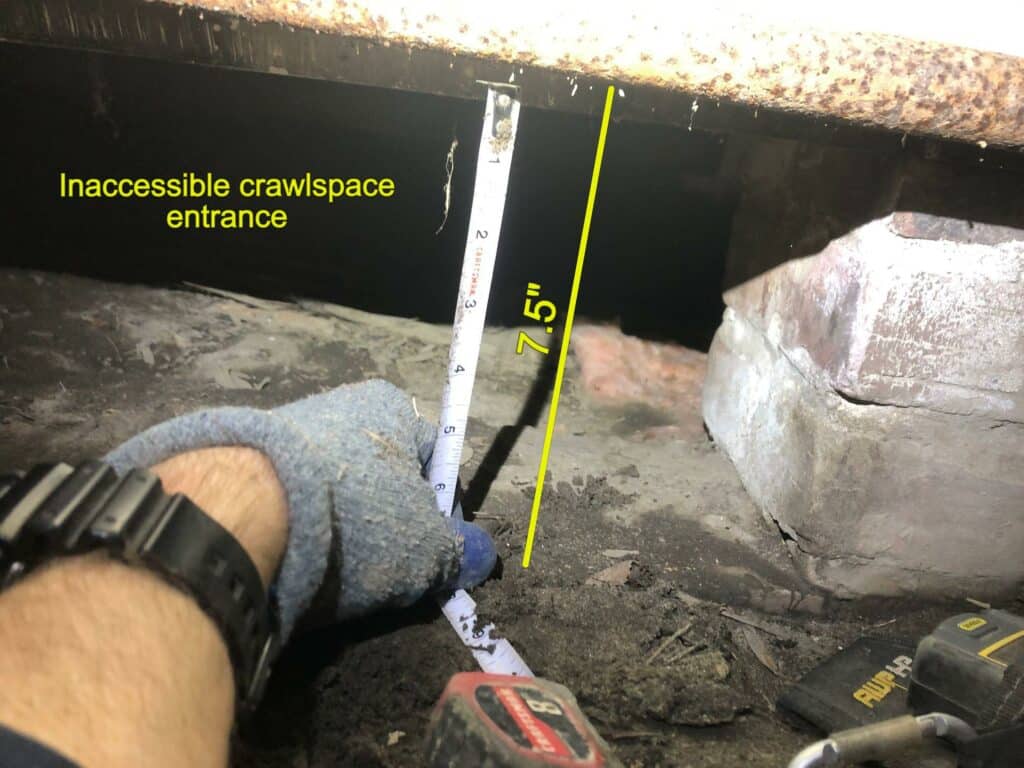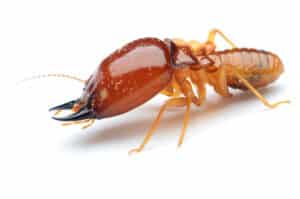1. What if my crawl door is too small to access?
Answer: Due to different building types, some crawl spaces don’t provide much clearance. And some are just downright tight! While there are circumstances in which crawl spaces are inaccessible, most can be accessed with a bit of creativity. One solution involves creating another crawl entrance at a separate location. This can allow for access to a previously inaccessible area.
2. Why does my crawl space smell musty?
Answer: Crawl spaces tend to be very humid environments, as moisture enters through both the air and the ground. Especially in Southern Virginia where we experience humid conditions throughout much of the year, the air inside the crawl space tends to hold on to this moisture. In turn, this moisture is absorbed into the wood of your house. Over time, this warm, moist air saturates the wood and begins to cause fungus, mold and wood rot that can seriously harm your home and health without immediate moisture remediation.
3. Why does it matter if my crawl is humid?
Answer: A humid crawl space causes a number of issues. The humid air works its way into the wood members holding up your house and begins to cause wood rot, fungus, and mold. In time, the wood begins to weaken and eventually will lead to major structural issues that cost thousands of dollars. Additionally, this moldy, humid air is then passed into your living space, either through the humid air rising, or being pulled into your HVAC system and pumped throughout your house. This can cause issues such as allergies, upper respiratory infections and other illnesses (not to mention foul smelling air!).
4. What if my crawl space already has issues?
Answer: Our technicians are great at what they do. Give us a call and have one of our trained inspectors take a look at your crawl space. We offer no charge, no obligation inspections. While our inspectors are constantly learning, there are times that we encounter situations that are outside of the scope of our expertise. We have several trusted local businesses which we will gladly recommend in these situations. Our priority is getting you accurate and honest information in a timely manner.
5. How do you prevent water and humidity from entering a crawl space?
Answer: There are several ways to prevent water from entering a crawl space. We first examine the property to determine where the water is coming from. Does your property have gutters draining water away from the house? Is your yard graded properly? Is there an in-tact vapor barrier in your crawl space? What is the condition of the HVAC system? Once the source is determined, we can then go about remedying the issue. Two of the most common solutions are sump pumps and dehumidifiers.
6. What is a sump pump?
Answer: A sump pump keeps your crawl dry by automatically pumping standing ground water out and away from your foundation.
7. What is a dehumidifier?
Answer: A dehumidifier pulls the moisture out of the humid air in a crawl space and pumps out the leftover water. It is important when installing a dehumidifier to seal off the crawl space to contain the area being controlled.


